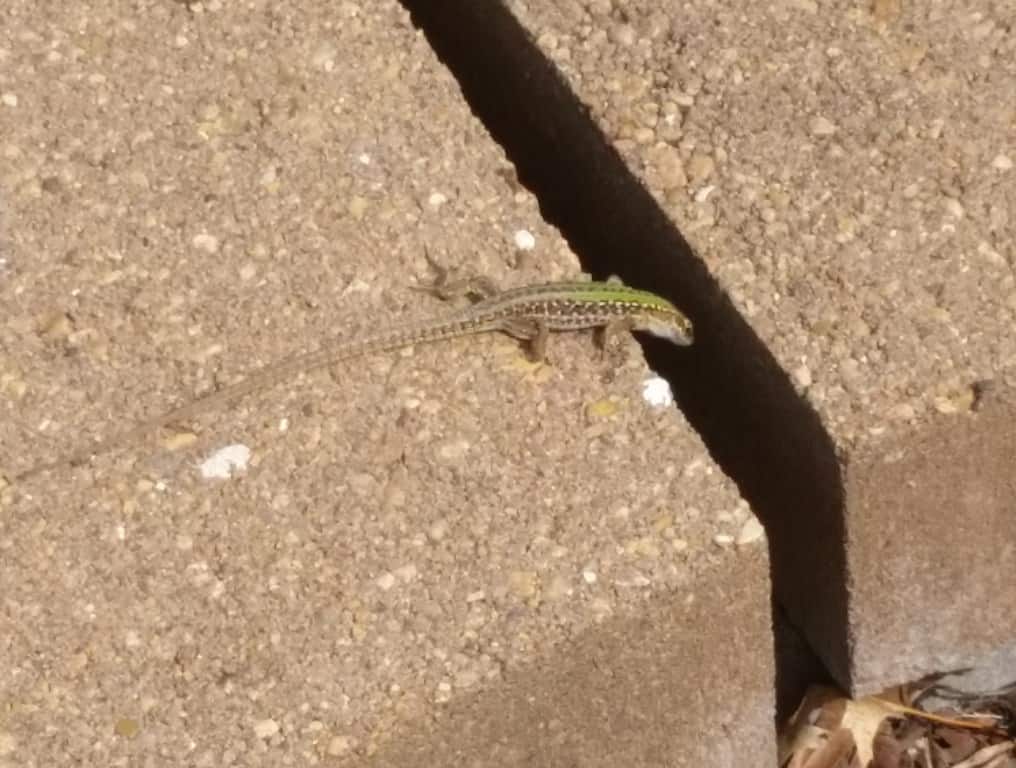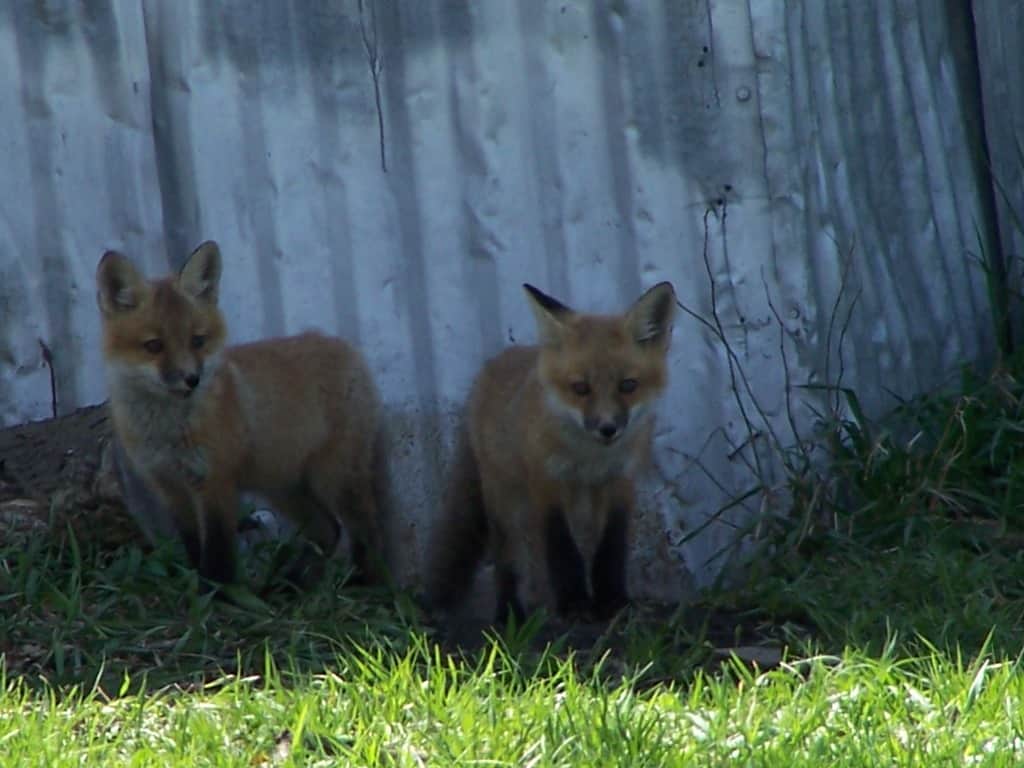While cleaning out some landscape beds this past week, we came across one of our favorite garden helpers, a skink. This little guy was quite surprised by our removal of his cover of leaves from the garden. I was able to handle him gently for a photo and then replaced him to his burrow. He moved slowly in the cool air, quite ready for summer to come.

Thinking about him make me think of all the little garden helpers we have, if we take the time to let them be and do their job. Our garden buddies include toads, frogs, skinks, snakes, birds, and foxes. There are others too, but these are the ones I find most common around my garden.
While many of you may be freaked out and squeamish towards snakes, they can be one of the best garden helpers. Garter snakes eat slugs, snails, mice, voles, rats, and many insects while hunting in the garden. If you see a garter snake, let it be, it is a workhorse for your garden!

Toads are common garden friends, often eating up to 10,000 insects and snails a year. Give them a cool place to rest under some hostas or a toad house, and they will reward you with free pest control. Frogs too will eat a large number of insects and will love living around a pool or water feature. If your build it, they will come. Tree frogs will sit on walls and a railings, waiting for moths and other insects that come flying around porch lights.

Skinks love grasshoppers and snails, their favorite snacks, but they will also dine on many other insects in the garden. Leave some leaf litter for cover and they will be happy.

I love watching foxes around my garden. They may eat cats so watch it if you have an outdoor kitty, but they will also devour pest mammals, insects, and especially grasshoppers.

Be friendly to your garden buddies and they will reduce greatly the amount of pesticides you need to use.
Happy planting!



